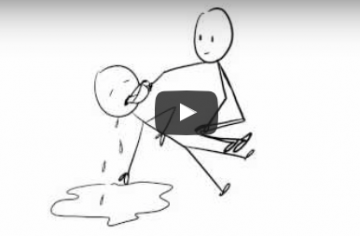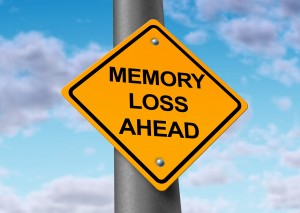Talk to Your Hunk About His Junk
 When young men come to see me for a routine physical, I have a high suspicion something is actually bothering them — the trick is to get them to tell me what. Men rarely go see a doctor for preventative health, and once on the exam table, are often hesitant to open up. This leaves me to probe, no pun intended, for the true reason for their visit. The psychology behind this isn’t elusive. Men are brought up valuing toughness, and a health concern is a chink in the armor. This is especially true when it comes to the frank and beans. Unfortunately, what they do not want to talk about with their doctors can kill them.
When young men come to see me for a routine physical, I have a high suspicion something is actually bothering them — the trick is to get them to tell me what. Men rarely go see a doctor for preventative health, and once on the exam table, are often hesitant to open up. This leaves me to probe, no pun intended, for the true reason for their visit. The psychology behind this isn’t elusive. Men are brought up valuing toughness, and a health concern is a chink in the armor. This is especially true when it comes to the frank and beans. Unfortunately, what they do not want to talk about with their doctors can kill them.
 It is ironic really, because men and boys are obsessed with their private parts, especially their testicles. They name them, they adjust them, they use them as a symbol of strength and courage. Some men even hang big metal ones from the back of their pickup trucks, to compensate for something at which I cannot even guess. So, then, why is it so hard to address them as an actual health concern? Perhaps, because they have spent so many years turning them into something larger than life, it is difficult to see them as a working body part.
It is ironic really, because men and boys are obsessed with their private parts, especially their testicles. They name them, they adjust them, they use them as a symbol of strength and courage. Some men even hang big metal ones from the back of their pickup trucks, to compensate for something at which I cannot even guess. So, then, why is it so hard to address them as an actual health concern? Perhaps, because they have spent so many years turning them into something larger than life, it is difficult to see them as a working body part.
The balls, despite all the nicknames and jokes, are in fact, a functioning, important part of the body. They produce male hormones which are important for the individual and sperm, which is important for the human race. Like all other body parts, they can get sick. We are partnering with Tommy John to help get the word out about testicular cancer. If you are a woman reading this, forward it to your husband, partner, and sons. If you are a man reading it, give the boys a feel.
Testicular Cancer
- most common in men in their late teens to mid-40s, but it can occur in younger boys and older men
- there are different types, some more aggressive than others
- the chance of getting testicular cancer is 1/263
- risk factors include: an undescended testicle, family history, HIV infection and possibly being tall
- white men have a 4-5 time greater risk than black or Asian men
Detection
- routine screening for testicular cancer is not recommended
- most tumors are found by the patient themselves
Symptoms
- painless lump or swelling on the testicle
- pain or discomfort with or without swelling
- a change in testicular size or firmness
- a heaviness in the testicle
- a dull ache in the lower abdomen or groin
- swelling in one or both legs (from a blood clot)
Be Proactive
- the best chance for a cure is to find it early
- get to know your testicles on a more clinical level
- feel them carefully so you would be aware if something felt different
- look in the mirror so if there was a noticeable change, you would, well, notice it
- Finally, if you have any worries or suspicions, go to your doctor. Once there, it will be very helpful if you voice your concerns. MAN UP and take care of your health.
 During April’s Testicular Cancer Awareness Month, when you shop at Tommy John
During April’s Testicular Cancer Awareness Month, when you shop at Tommy John
5% of sales will be donated to Testicular Cancer Awareness Foundation.

Why is Ginger so Good for You?

How to Explain Sex with Stick Figures

BETTER DAD = BETTER SEX…Trust Us

Should Your Son Get the HPV Vaccine?


10 Ways to Destroy a Marriage (Besides Cheating)


























